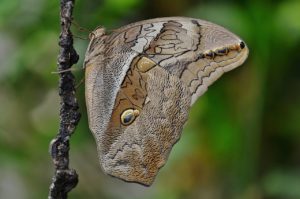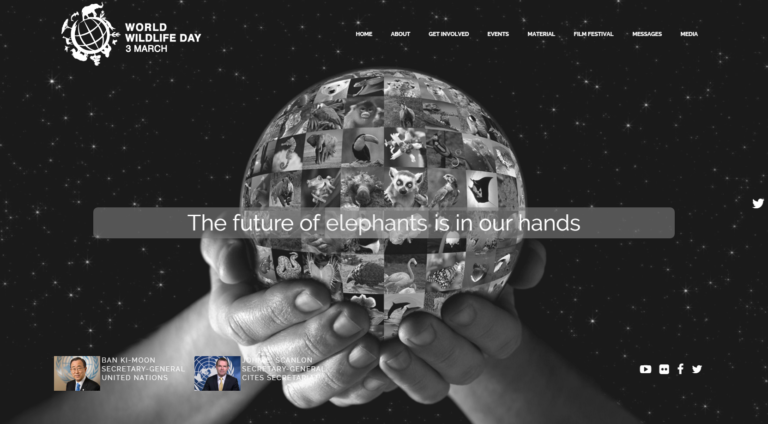International Wildlife Trafficking Symposium
United for Wildlife brought together a number of ecological and wildlife bodies for the International Wildlife Trafficking Symposium in February 2014. Realising we no longer have the option to sit back and say or do nothing about the active poaching and illegal trade in endangered species, (and those not yet threatened!), the symposium highlighted the need to be engaged in different methods.
It has long been agreed that to combat wildlife trafficking, you need to use equal violence and have better controls in place. This seems to been acceptable for the most part except this only serves to halt a few people. Normally it’s small groups or individuals, it does not get close to large well funded underground organisations.
To discuss different methods for tackling wildlife trafficking is then a refreshing approach. Wildlife is endangered, not through one or two people but by mindsets and a larger complacency through the lack of education and poor management. It is this focus that the International Wildlife Trafficking Symposium discussed.
To treat an illness, one needs to look at the whole person to find out what is causing the symptoms. If I have a headache, I can easily take a tablet to alleviate my pain, but I have not dealt with the cause and it may return tomorrow. When it does return tomorrow and I again ignore the pain, but instead take a tablet to “temporarily” fix my headache, I am only masking what the real issue may be.
 This same approach has been the recent rhetoric and I am pleased to see it is changing. We no longer can stem the tide of those removing endangered and threatened wildlife from our planet for their own immediate gain. The controls in place are too blasé and ineffective the majority of the time. The real triumph today it looking to find the reason and then working on a solution.
This same approach has been the recent rhetoric and I am pleased to see it is changing. We no longer can stem the tide of those removing endangered and threatened wildlife from our planet for their own immediate gain. The controls in place are too blasé and ineffective the majority of the time. The real triumph today it looking to find the reason and then working on a solution.
The International Wildlife Trafficking Symposium took the approach that although there are great advancements in technology, it is the direct contact with people in local areas, those “at source” who benefit more from better education and improved understanding of the global environment. It is also noted that merely improving this understanding without funding is to offer no other alternative. People need incentives and, although money cannot fix everything, it may go a long way to building a school or community hall in which to achieve a common understanding of our global community.
We are waking up to the knowledge that our world is interconnected. When one group benefits at the extent of another, there are repercussions. Those are wide ranging and it is only through the joined efforts of everyone, pulling in the same direction, that we can achieve a united front.
Solutions are sought to improve conditions for others. Corruption needs to be tackled, not only in penalties but in the understanding that it serves to benefit only a small group of people. Engaging with local traditions and developing an understanding from both sides needs to be the focus if we are to ensure we all strive for the same goal.
On the 24 October 2015, The Duke of Cambridge gave a talk about the urgent need to tackle illegal wildlife trafficking on Chinese State TV, which had over 100 million tune in to watch. Within 3 days of the speech, nearly 340 million had seen the programme. As the face of United for Wildlife, The Duke of Cambridge is embracing the message delivered at the symposium in 2014. Get the message out, talk and discuss with others, our wildlife matter to the world as a whole.
Our time as a global community has come, and it is now that we are to work together, using the technological advances we have to discuss ways in improving our wildlife and thereby improving respect for life, ultimately leading to a better world for us all.
You can read the full story with additional link on the Institute of Zoology website.







